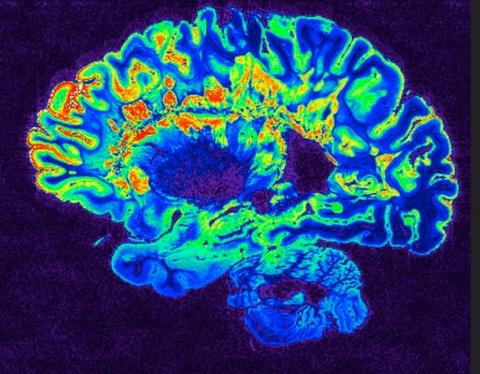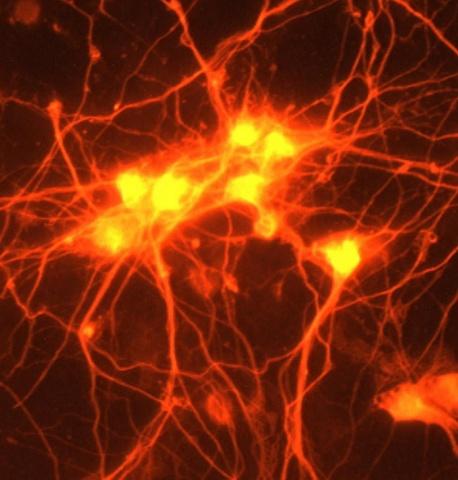
More than 1,000 GME residents and fellows train at Duke Health,in programs ranging from very small sub-specialty fellowships to large specialty programs. Each person makes Duke Health special—providing opportunities to forge enduring relationships with world-class faculty, resident and fellow colleagues, other members of the health care team, and most importantly, patients and families. U.S. News & World Report ranks our training programs among the top programs in the nation.
Graduate Medical Education
Duke's Graduate Medical Education programs have more 1,000 GME trainees here in programs ranging from very small subspecialty fellowships to large core specialty programs. Trainees come from schools all over the United States and dozens of countries. Each program has its own personality but all of our program directors share our GME staff’s commitment to providing an outstanding educational experience for every resident or fellow.Learn more about Graduate Medical Education at Duke at their Training Programs page and in the Applicants section of their website.
Living in Durham
Duke Health is located in Durham, N.C., which is recognized for its availability of jobs, relatively low cost of living, affordable housing, safe streets, culture, nationally ranked food scene, and diversity. In 2019, U.S. World & News Report ranked Raleigh and Durham one as of its top 10 Best Places to Live nationwide. Durham is part of North Carolina’s Research Triangle, one of three cities each anchored by a major university: Duke and N.C. Central University in Durham, North Carolina State University in Raleigh, and the University of North Carolina at Chapel Hill in Chapel Hill. Read more about life in Durham, or watch a video about the Bull City here.
In addition to living in these communities, Duke Health strive to improve the health of people and neighborhoods and promote good will as ambassadors of the communities we serve. Faculty, staff, trainees, and students are engaged in programs and services with our community partners to achieve shared goals.
Employment Requirements
- All male applicants (as determined by gender assigned at birth for purposes of this requirement) who are US citizens or immigrants must have registered with the Selective Service System within 30 days of their 18th birthday, or arrival date into the USA. Individuals are eligible to register until the age of 26. Failure to register is a violation of federal law, and can face significant penalties, including loss of eligibility for citizenship for immigrants. Individuals who have not registered are not eligible for a variety of benefits including federal student aid, federal job training, and any job in the Executive Branch of the government (e.g. VA, Medicare, federal prisons), and are not allowed to work in federal facilities even as a resident or fellow.
- Most Duke GME programs require rotations at federal facilities such as VA hospitals or prisons. All trainees in those programs must be eligible to work at those facilities. All applicants should ensure that they have registered for the Selective Service System if appropriate. If they have not registered, they should discuss this with their potential program director. Additional details can be found at https://www.sss.gov.
In January, members of Duke Neurology wrote and contributed to 20 peer-reviewed journal articles.
Current and former members of the Duke Neurology Department, along with the nation’s leading epilepsy researchers, providers, and educators, gathered in Orlando, Florida, this weekend for the American Epilepsy Society’s (AES) 2023 annual meeting.
The month of September saw 20 new peer-reviewed journal articles articles and one book chapter from members of the Duke Neurology Department.
Shruti Agashe, MD, MS, first came to Duke as a biomedical engineering student. After medical school, this perspective, as well as her fascination with the human brain, drew her to neurology and epileptology.



